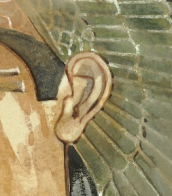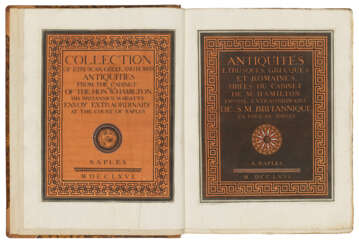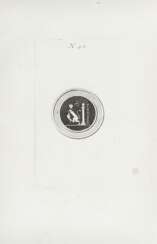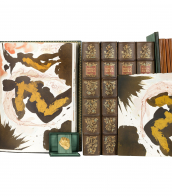baron d'hancarville (1719 - 1805)
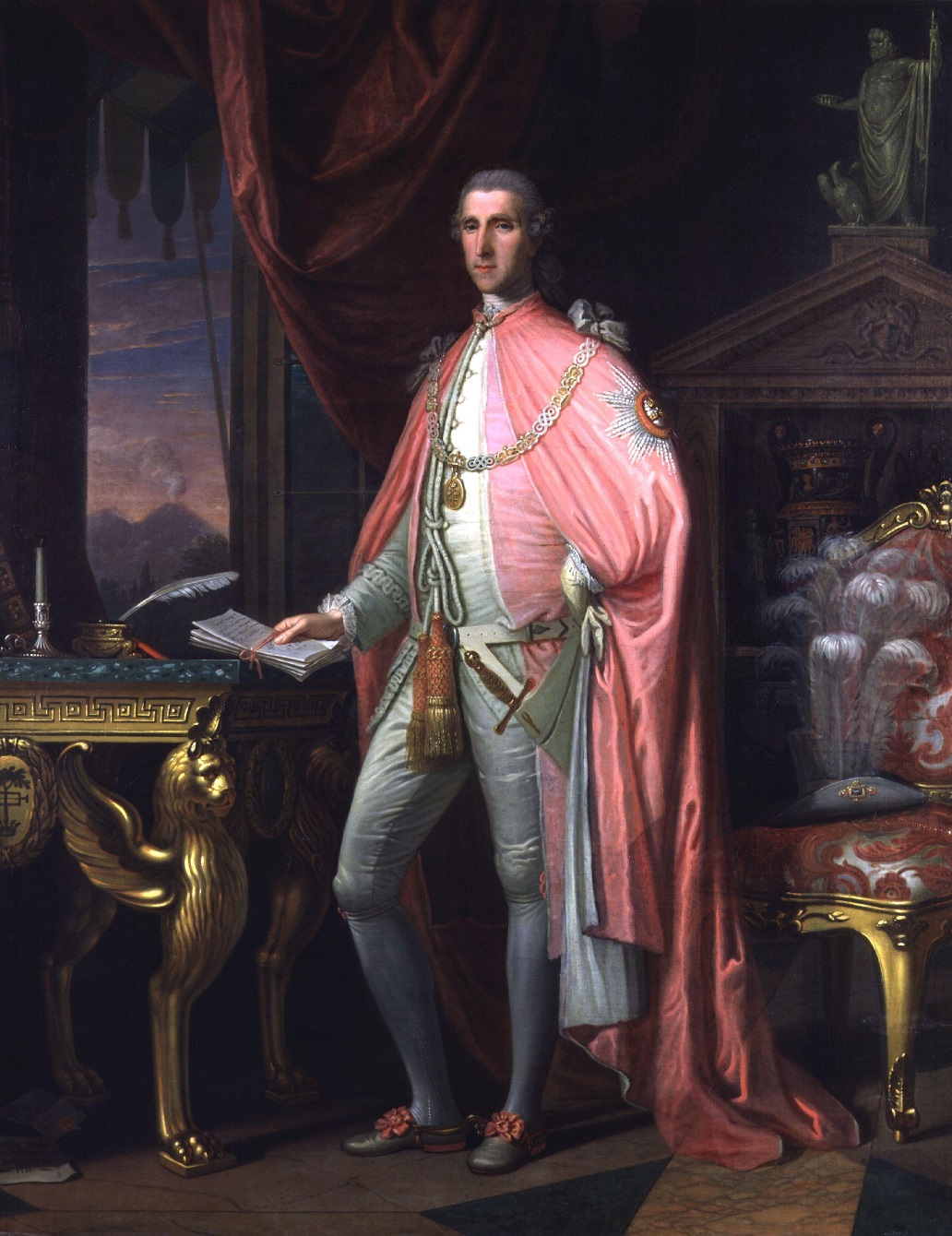
Sir William Douglas Hamilton was a British diplomat, archaeologist and volcanologist, a famous collector, and a Fellow of the Royal Society of London.
He served as British Ambassador to the Kingdom of Naples from 1764 to 1800, but most importantly, he was a passionate researcher of history, art and natural sciences and was a member of the Society of Dilettantes, established for the purpose of studying ancient art.
In Naples, Hamilton amassed a unique collection of antique vases and published an illustrated book about them. In parallel, Sir Hamilton studied the volcanoes Vesuvius and Etna, local volcanic and seismic activity, and the causes of earthquakes in the Neapolitan territory. As a corresponding member of the Royal Society, he sent the results of his research to London. His publications were very valuable for the time.
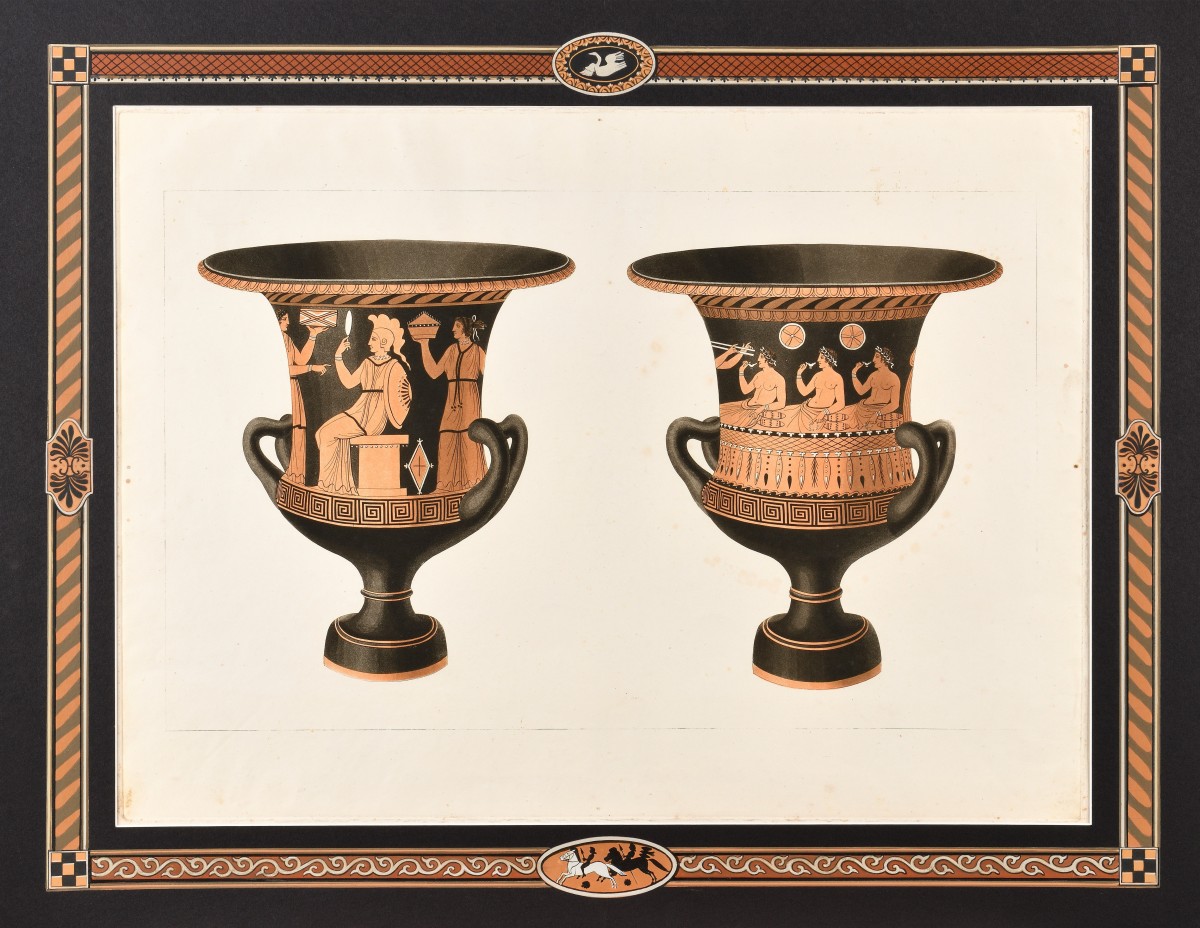
Pierre-François Hugues d'Hancarville, better known as Baron d'Hancarville, was an art historian, writer, and adventurer who lived most of his life in Italy.
To advance from the merchant class to high society, he studied mathematics, physics, history, literature, ancient languages, and English, Italian, and German. Traveling in Europe, he presented himself as an aristocrat under various names. Under the name Baron d'Hancarville, he was known as a connoisseur and art dealer, which is apparently why he was approached by Sir William Hamilton (1731-1803), who was ambassador to the British embassy in Naples and had amassed a large collection of ancient vases. Before selling this collection to the British Museum in 1772, Hamilton asked d'Hancarville for help in creating a complete catalog of it in descriptions and illustrations. The baron also wrote a detailed essay.
This catalog, entitled The Complete Collection of Antiquities from the Cabinet of Sir William Hamilton, is itself a neoclassical masterpiece in French and English. Antique vases have never before been depicted with such precision and aestheticism.

